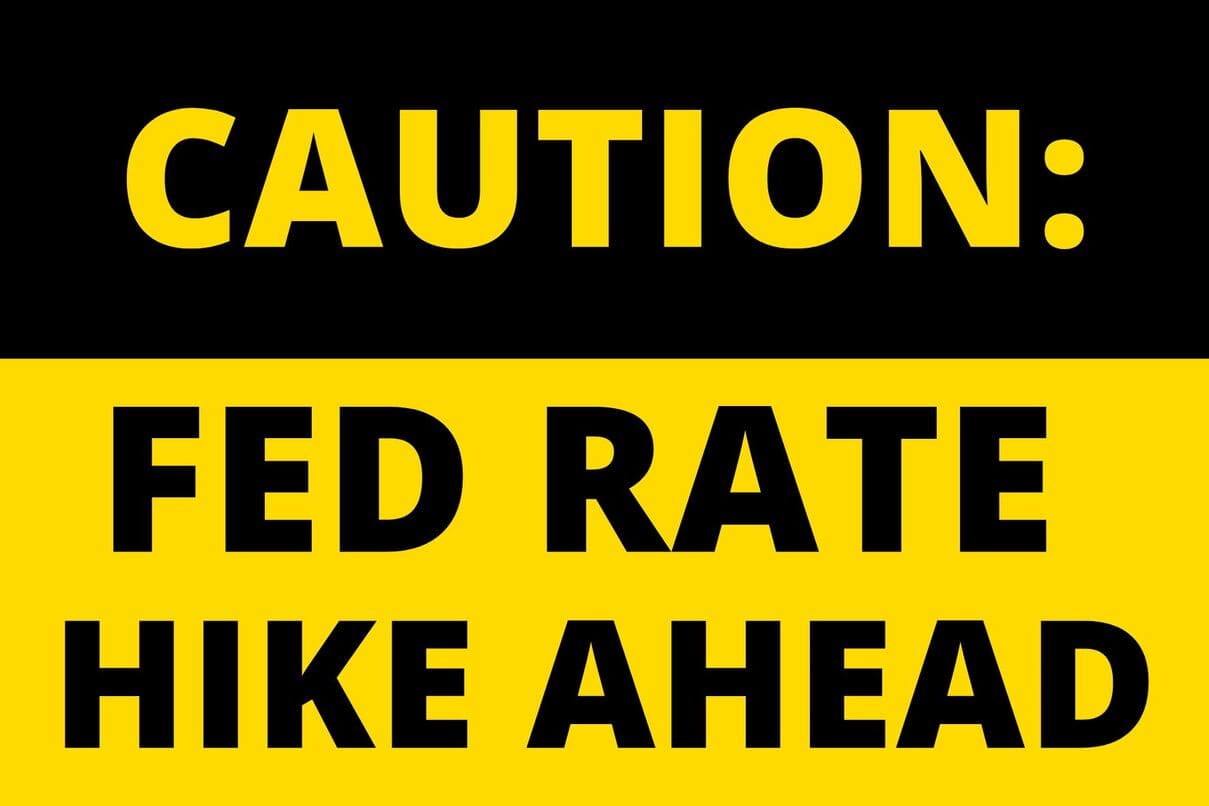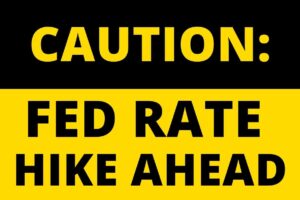Federal Reserve Chairman Jerome Powell recently reiterated that the fight against inflation is far from over and that more interest rate increases are likely in the near future. Speaking before the House Financial Services Committee, Powell indicated that the decision to hold off on rate hikes during the recent Federal Open Market Committee (FOMC) meeting was just a temporary pause and not a signal that the Fed is done raising rates.

Despite some moderation, inflation remains a concern, with pressures still running high. The Fed's focus on core inflation highlights the persistent upward pressure on prices. Powell's remarks underscored the importance of a gradual and cautious approach to policy adjustments, given the progress made and the need for a balanced economic landscape.
Inflation Concerns Persist
Powell acknowledged that while inflation has moderated somewhat since last year, it remains well above the Federal Reserve's target of 2%. He emphasized that inflation pressures continue to run high, and there is a long way to go before inflation can be brought down to the desired level. Despite recent cooling, inflationary pressures persist, and the central bank is committed to taking further action to address the issue.
Anticipated Rate Hikes
Following the recent FOMC meeting, officials signaled that they foresee an increase in interest rates totaling 0.5 percentage points by the end of 2023. This projection implies two additional rate hikes, assuming quarter-point increments. The current benchmark borrowing rate set by the Fed is in the range of 5% to 5.25%. Powell's remarks align with the consensus view among FOMC participants that further rate increases will be necessary in the coming months.
Assessing Core Inflation
When evaluating inflation, the Fed focuses on core inflation, which excludes food and energy prices. According to the central bank's preferred measure of personal consumption expenditures prices, core inflation was at a rate of 4.7% year-over-year through April. The core consumer price index for May stood at 5.3%. These figures demonstrate that core inflation remains elevated, emphasizing the need for continued vigilance and monetary policy adjustments.
Lagging Effects of Monetary Policy
Monetary policy measures, including rate hikes and the reduction of bond holdings on the Fed's balance sheet, often have delayed effects on the economy. As a result, the decision to abstain from raising rates during the most recent meeting was influenced by the need to observe the impact of previous tightening measures. Powell highlighted that the economy continues to feel the effects of monetary restraint, particularly in interest rate-sensitive sectors. The full consequences of this policy tightening will take time to materialize, especially with regard to inflation.
Adjusting Policy Pace
Powell acknowledged that the Fed has adjusted its approach to the policy after implementing aggressive rate hikes comparable to the early 1980s. Previously, the Fed had raised rates by 0.75 percentage points consecutively four times. However, Powell now believes that a more moderate pace is appropriate. He emphasized that given the progress made thus far, raising rates is still a viable option but should be done gradually and cautiously. The adjustment in policy pace reflects the evolving economic landscape and the need for a balanced approach.
Inflation Expectations and Economic Growth
Powell addressed the importance of well-anchored inflation expectations for predicting future price trends. He cited the University of Michigan consumer confidence survey, which showed a dip in inflation expectations for the next year to 3.3%, the lowest level since March 2021. While this indicates some positive developments, Powell cautioned that reducing inflation to the desired level would require slowing down economic growth below its trend rate. He also stressed that future rate decisions would be based on incoming data and evaluated on a meeting-by-meeting basis, rather than adhering to a predetermined course.
Regulatory Practices and Banking Turmoil
In his remarks, Powell briefly touched upon the banking turmoil experienced earlier in the year. He emphasized that the episode served as a reminder of the importance of appropriate supervisory and regulatory practices. The Fed is committed to ensuring the stability of the financial system and will continue to evaluate and adjust its regulatory framework as needed. Powell's acknowledgment of the banking turmoil highlights the Fed's dedication to maintaining a resilient financial sector and underscores the interconnectedness between monetary policy and financial stability.
Source:
- https://www.cnbc.com/2023/06/21/powell-expects-more-fed-rate-hikes-ahead-as-inflation-fight-has-a-long-way-to-go.html

